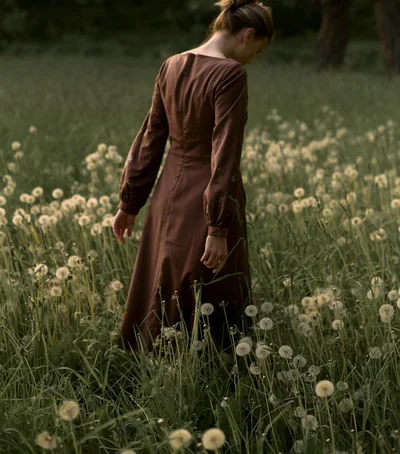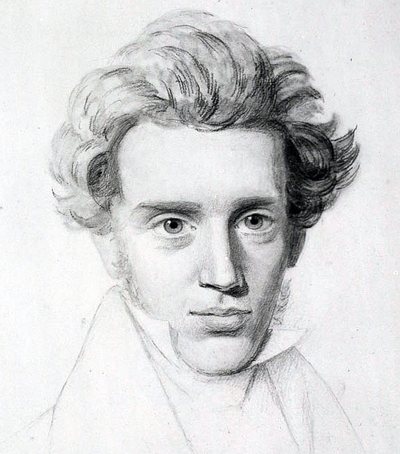
How we experience the passage of time differently at different stages of life and how we can slow down its perception through presence and self-care
When time is no longer a clock, but a feeling
Time, at its core, is not just a physical measurement — it is a psychological experience. While the hands of the clock move at the same pace for everyone, the brain perceives its passage differently. Childhood seems endless, youth flies by, while in adulthood time seems to speed up every year. It is not time itself that changes, but our awareness of it.
Childhood – the time that elapses
In childhood, everything is for the first time. The brain is in constant exploration, so every moment is experienced with intensity. A day of play, a summer vacation or a short trip remains engraved as eternity. Children live in the “now”, and this is why time moves slowly for them – every second has weight, because it is filled with sensations.
Youth – time flies
As we grow older, new experiences become rarer, routine takes the place of wonder, and the brain stops registering every detail as new. Days seem similar, and so, as the years pass, our memory compresses them into a short block of time. Thus the paradox occurs: the more repetition, the less we feel time. Youth is fleeting not because it really passes quickly, but because we live it without noticing it.
Maturity – time for reflection
In adulthood, time takes on a different value: it becomes a teacher, not a competitor. One begins to measure life not by hours, but by experiences, people, and feelings. Memories take on more weight, and a desire emerges to slow down, to live each day deeply.
How to slow down the perception of time
We can't stop physical time, but we can slow down the sensation of it — by turning our attention to the present experience.
Presence: Being fully in a moment, without thinking about yesterday or tomorrow, prolongs its experience.
Self-care: Healthy eating, conscious breathing, and walks in nature connect the mind with the body and slow down the internal rhythm.
The ritual of slowing down: A cup of coffee without a phone, a book, a sunset observed calmly – these are moments that restore the sense of full time, that which is felt, not measured.
External time is linear, but internal time is emotional. It slows down when we live consciously, and speeds up when we live on autopilot. Perhaps the secret is not to control it, but to feel it — because when you are fully present, time stops passing.
In the end, it is not time that passes us, but we who forget to stay in it.
Photo by cottonbro studio: https://www.pexels.com/photo/white-flowers-in-brown-glass-bottle-4612135/





